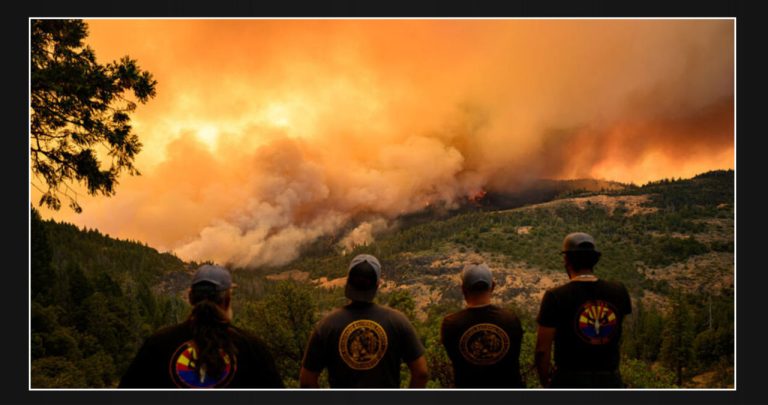The concept of self-defense is a fundamental right across the United States. However, “Stand Your Ground” laws create variations on how this right can be used in different states. Nevada’s laws on self-defense include a Stand Your Ground provision, meaning that individuals have no legal duty to retreat before using force to protect themselves or others in certain situations. Understanding these laws is crucial for anyone living in or visiting Nevada as they could play a key role in a self-defense situation.
What Are Stand Your Ground Laws?
Stand Your Ground laws expand on the traditional concept of self-defense. In states without these laws, individuals generally have a “duty to retreat” – meaning they must try to escape from a dangerous situation if there’s a safe way to do so before resorting to force. Stand Your Ground laws remove that duty. Instead, an individual facing a perceived threat can “stand their ground” and meet force with force, even if a safe retreat is possible.
Nevada’s Specific Stand Your Ground Provisions
Nevada’s Stand Your Ground provisions are primarily found in Nevada Revised Statutes (NRS) sections 200.120 through 200.200. These laws establish the legal framework for when a person can justifiably use force, including deadly force, in self-defense or the defense of others. Importantly, they state that a person has no duty to retreat if they reasonably perceive a threat of unlawful force.
Key Requirements for Justifiable Use of Force
To successfully claim Stand Your Ground protection in Nevada, a person must meet several legal requirements:
- Reasonable Belief of Imminent Harm: The person must reasonably believe they or another person face an imminent threat of unlawful force that could result in death or great bodily harm. This belief must be grounded in objective facts, not just subjective fear.
- Proportionality of Force: The force used in self-defense must be proportionate to the threat faced. In other words, you cannot use deadly force against a non-deadly threat.
- Lawful Presence: The person claiming self-defense must have a legal right to be in the location where the incident occurred. This means you cannot use Stand Your Ground as an excuse if you were trespassing or in a place you shouldn’t have been.
- Not the Original Aggressor: You cannot be the person who started, provoked, or escalated the confrontation. Stand Your Ground is a defensive law, not an excuse for aggression.
The Castle Doctrine and Nevada Law
The Castle Doctrine is an extension of the Stand Your Ground concept. It recognizes your home as your “castle” and gives you enhanced rights to defend yourself within it. In Nevada, if a person unlawfully and forcibly enters your home (or occupied vehicle), you may presume they intend to cause harm. Under the Castle Doctrine, you are not required to retreat from your own home and may use force, including deadly force, without first attempting to escape.
Limitations and Exceptions
Nevada’s Stand Your Ground laws do have limitations. Importantly:
- You cannot claim self-defense if you were committing a crime at the time of the incident.
- Stand Your Ground laws do not apply to the defense of property alone. You can use force to protect your property if you reasonably believe it’s necessary to prevent bodily harm, but not just to protect the property itself.
Real-World Examples (Hypothetical)
- Example 1: A person is walking alone at night when they are approached by someone demanding money and brandishing a knife. The person reasonably believes they are in danger of being robbed and injured, so they defend themselves with force, even though they could have run away.
- Example 2: A homeowner hears someone breaking into their house at night. Because of the Castle Doctrine, they don’t need to investigate or try to retreat. They may use force, including deadly force, if they reasonably believe the intruder intends to harm them or someone else in the dwelling.
Frequently Asked Questions (FAQs)
- What if I’m not sure if the danger was real? Nevada law allows for a reasonable belief of harm, which means the threat doesn’t have to be confirmed. If someone acts in a way that would make a reasonable person in those circumstances fear for their safety, then the use of defensive force might be justified.
- Does Stand Your Ground protect me from being arrested or sued? No. Even in a Stand Your Ground state, you may face arrest or legal charges. The burden of proof rests on the prosecution to prove beyond a reasonable doubt that your actions were not lawful self-defense.
- What should I do if I’m involved in a self-defense situation? If possible, attempt to de-escalate or safely remove yourself from the situation. Immediately contact the police and seek legal representation as soon as possible. It is advisable to not speak about the incident without a lawyer present.
Conclusion
Understanding Stand Your Ground laws and the Castle Doctrine in Nevada is essential for protecting your rights. These laws give individuals broad latitude to protect themselves and others from imminent danger. However, it’s crucial to remember that using force, especially deadly force, should always be the last resort.
If you have further questions or find yourself in a situation where you might need to protect yourself, it’s advisable to consult with a qualified legal professional.
Sources
- Giffords Law Center: Stand Your Ground in Nevada: https://giffords.org/lawcenter/state-laws/stand-your-ground-in-nevada/
- Nevada Revised Statutes (NRS) Chapter 200: Crimes Against the Person: [invalid URL removed]
- Shouse Law Group: Is Nevada a Stand Your Ground State? https://www.shouselaw.com/nv/blog/criminal-defense/is-nevada-a-stand-your-ground-state/
- The Defenders – Nevada Criminal Defense Attorneys: Self-Defense in Nevada https://thedefenders.net/blogs/self-defense-in-nevada/
Disclaimer This article provides general information about Nevada’s Stand Your Ground laws and should not be interpreted as legal advice. If you need specific legal guidance regarding a self-defense situation, consult with a qualified attorney.



